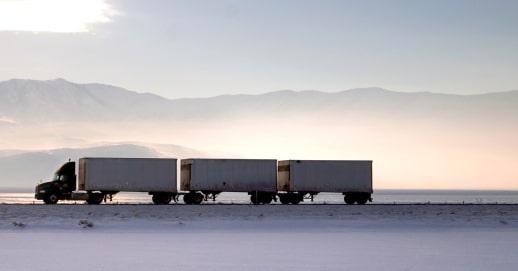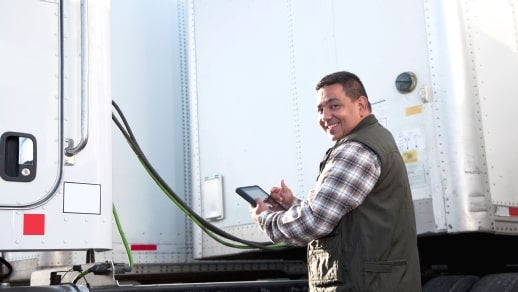Trucking Liability Insurance
Trucking liability insurance options
Learn about liability insurance coverage and requirements for trucking businesses.
Trucking liability insurance is a requirement for carriers and owner-operators. It helps protect businesses from financial risks associated with accidents, property damage, or injuries to others while operating a truck. Understanding coverage requirements and options supports compliance and risk management.
- Learn about coverage options for different trucking businesses
- Understand the role of guidance and resources
- Maintain compliance and coverage for operations


Learn about coverage options for different trucking businesses
Liability insurance needs vary depending on the type of freight and fleet.
Liability coverage is essential for all trucking operations. Understanding the types of coverage available helps carriers determine what is required by regulations, what may be recommended, and what optional protections might be considered.
Understand the role of guidance and resources
Insurance regulations and coverage types can be complex.
Finding the right liability coverage requires familiarity with legal requirements and industry practices. Accessing regulatory resources and educational materials can help carriers make informed decisions about coverage levels and types.


Maintain compliance and coverage for operations
Proper liability insurance helps keep trucking operations legally compliant.
Without required liability coverage, carriers can face delays, compliance issues, or operational restrictions. Knowing the coverage requirements and maintaining up-to-date documentation supports smooth operations and legal compliance.
Trucking liability insurance protects carriers from financial risks associated with accidents or other incidents while operating a truck. It covers property damage and injuries caused to others and ensures that the business meets regulatory requirements.
Federal regulations require a minimum of $750,000 in liability coverage for general freight carriers. Carriers should review applicable federal and state requirements to determine appropriate coverage levels for their operations.
Most shippers and brokers require proof of liability coverage before allowing carriers to haul freight. Maintaining the required coverage ensures compliance and helps carriers participate in freight opportunities legally and safely.
Primary liability insurance covers damages or injuries caused while operating a truck and is legally required for all motor carriers. General liability insurance covers non-driving-related incidents, such as accidents at a business location or during loading and unloading. Understanding the distinction helps carriers assess which coverage is needed for compliance and additional protection.
Understanding liability coverage for trucking operations
Maintaining appropriate trucking liability insurance is essential for legal compliance and managing operational risks. Understanding coverage requirements, types, and documentation supports informed and responsible business practices.